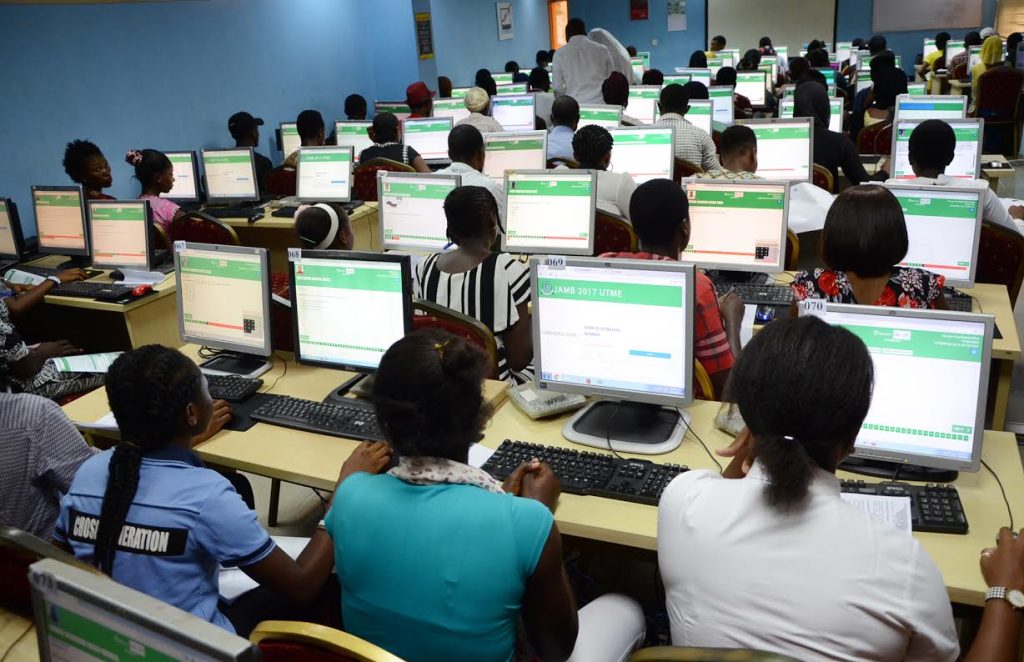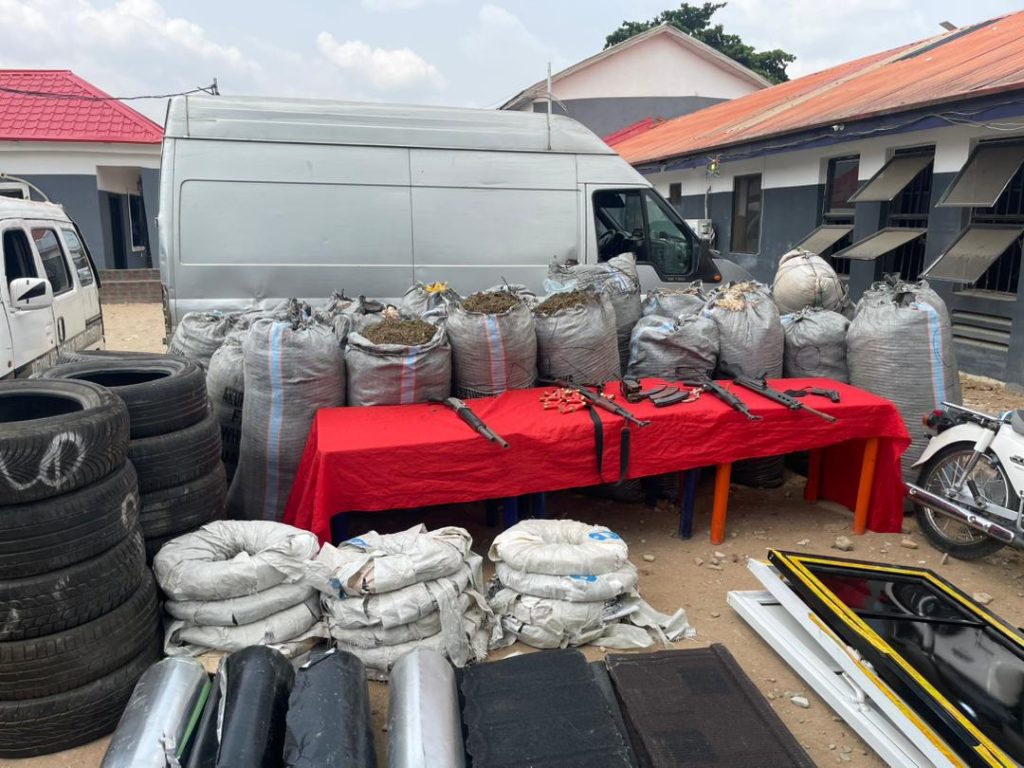The Edo State chapter of the Peoples Democratic Party (PDP) has declared that any by-election conducted by the State Independent Electoral Commission (EDSIEC) to replace elected councillors is illegal and contemptuous of a court order. This stance comes after the Edo State House of Assembly mandated EDSIEC to conduct by-elections to fill councillorship seats allegedly vacated across the 192 wards in 18 Local Government Areas.
A court order issued by Justice A.A. Adewemimo of the National Industrial Court, Benin Division, on July 22, 2025, directed that the status quo be maintained by all parties involved in a suit filed by the sacked EDSIEC Chairman, Justice James Uyi Oyomire (rtd.), and six other appointed members. The claimants, who were appointed for a fixed five-year tenure expiring in March 2027, were unlawfully removed without due process, prompting them to seek redress and nearly ₦500 million in unpaid entitlements.
According to the PDP, the EDSIEC, as currently constituted, is a subject of the subsisting court case, rendering any election conducted under its auspices null and void. The party’s Publicity Secretary, Chris Nehikhare, emphasized that the court order explicitly forbids any actions that could render the final judgment nugatory, including the inauguration of a new commission or the issuance of an electoral timetable.
The PDP has warned that proceeding with the by-election would not only be contemptuous of the court but also a subversion of the Constitution and due process. The party has called on Governor Monday Okpebholo, the Attorney-General, the Speaker of the State House of Assembly, and others involved to retrace their steps and respect the judicial process.
The development underscores the ongoing political tensions in Edo State, highlighting the need for adherence to legal and constitutional frameworks in the conduct of elections and governance. As the situation unfolds, it remains to be seen how the state government and the judiciary will respond to the PDP’s concerns and the court’s directives, with potential implications for the state’s political stability and democratic processes.



